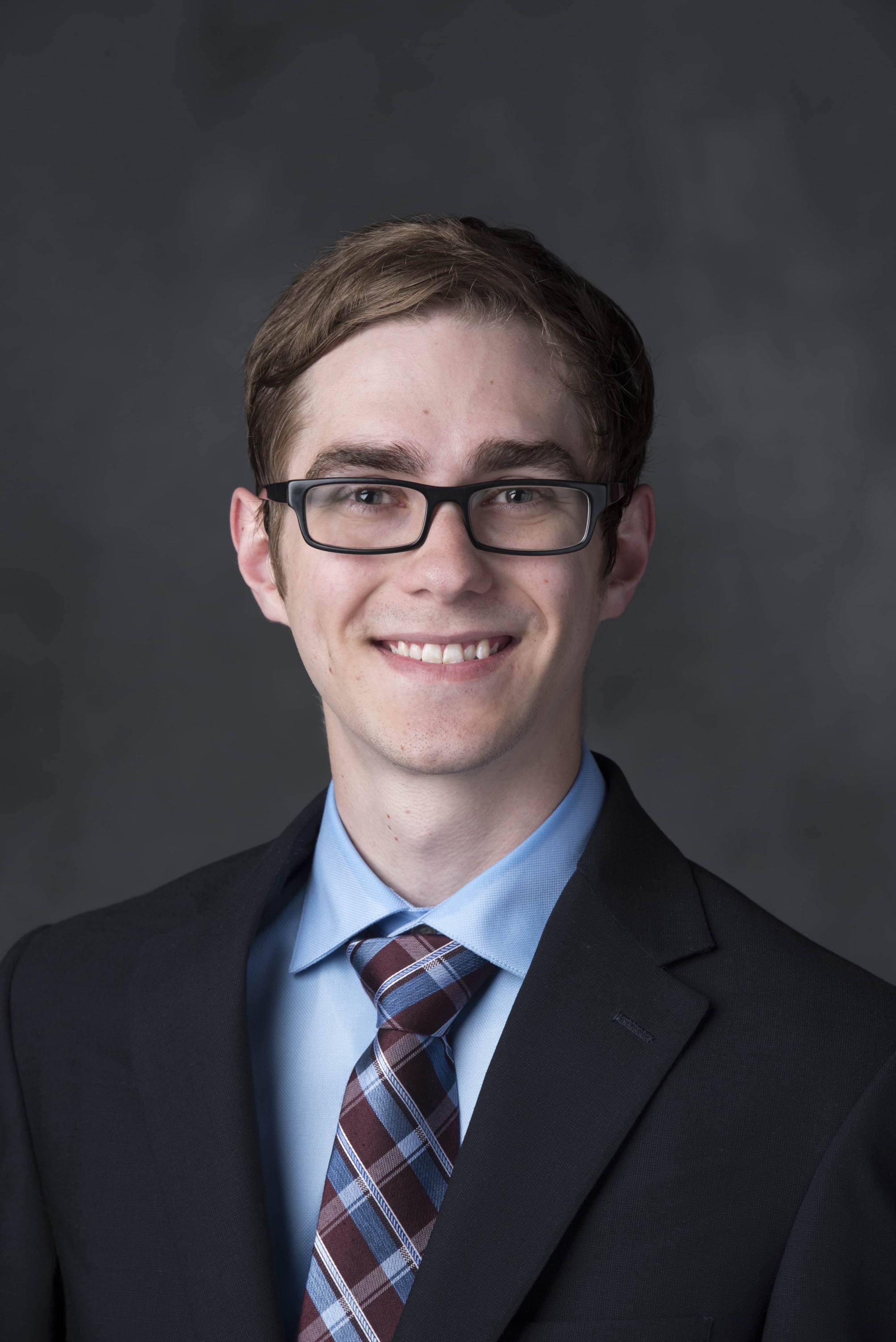Dillon Lohr Selected as NSF GRFP Awardee

We are pleased to announce that Dillon Lohr has been selected as an awardee in the 2018 National Science Foundation (NSF) Graduate Research Fellowship Program (GRFP) competition! The NSF GRFP recognizes and supports outstanding graduate students in NSF-supported science, technology, engineering, and mathematics disciplines who are pursuing research-based master’s and doctoral degrees. This year, NSF received over 12,000 applications, and Dillon’s selection as one of only 2,000 awardees is a testament to his extraordinary academic achievements, promising research capabilities, and exceptional academic goals and aspirations.
Dillon, who will be starting his graduate studies this fall in Texas State University’s computer science doctoral program, has been interested in computers from a young age, teaching himself the basics of C++ and creating his own computer games at age 10. He attended Texas State for his undergraduate degree in Computer Science. As an undergraduate, he received the Terry Foundation Scholarship, received multiple university awards, published papers, and presented his research at multiple conferences and events. He even worked as a research assistant on a Google-sponsored project under Dr. Oleg Komogortsev, an associate professor in the Department of Computer Science and Dillon’s future advisor. (A tip from Dillon: ask your favorite professors what they are researching. Not only can research help improve your resume for such awards as the NSF GRFP, but it also provides a fun and rewarding way to get involved in the cutting edge of our collective knowledge.)
During his doctoral studies, Dillon wants to make a significant contribution to the scientific world by developing his research in eye movement biometrics in virtual reality. After receiving his Ph.D., he plans on continuing his career in academia so he can pay forward the mentorship he received at Texas State. From adding to the scholarship of the human visual system to inspiring future generations to become involved in STEM fields to mentoring future students as a professor—his dreams are closer to becoming a reality thanks to the NSF GRFP.